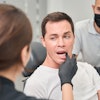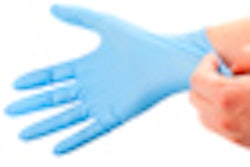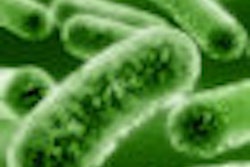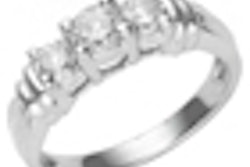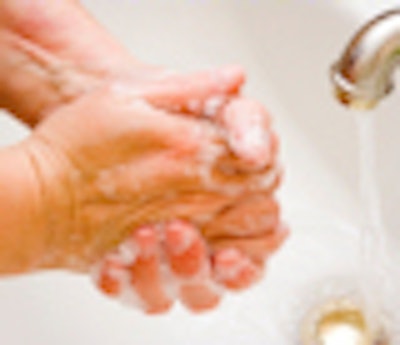
Do you wash your hands between patients? Do you use alcohol sanitizers each time you change gloves? Surprisingly, most dentists aren't following the hand hygiene recommendations of the Centers for Disease Control and Prevention (CDC), a study of New York practitioners found.
The study, published in the July issue of the Journal of the American Dental Association (Vol. 139:7, pp. 948-957), found that many dentists were not washing their hands frequently enough, and even more were not using alcohol-based hand sanitizers as often as recommended.
"It's surprising how many dentists don't clean their hands," commented Joan Duggan, M.D., a University of Toledo researcher who has done similar research in physicians. (The study's authors, most based at Columbia University, could not be reached for comment.) But she noted that medical doctors fail to comply with the recommendations in approximately equal numbers.
In what appears to be the first study of dentists' hand hygiene in the U.S., the researchers sent surveys to 352 general dentists who were members of the New York State Dental Association. They received 234 responses.
The survey distinguished between washing with soap and water and disinfecting with alcohol sanitizers. According to the CDC's "Guidelines for Hand Hygiene in Healthcare Settings -- 2002," disinfecting with alcohol sanitizers is more effective.
The study authors boiled down the CDC recommendations in this way:
- Whenever your hands are visibly soiled, wash with soap and water for at least 15 seconds.
- After removing your gloves, and before putting them on again, use an alcohol sanitizer.
- If you are doing a procedure that penetrates a sterile surgical site, wash with soap and water and disinfect with an alcohol sanitizer before putting on your gloves.
Most dentists in the survey -- 71% -- said they washed their hands at the start of the day, 1% start with disinfecting and another 22% do both, leaving a benighted 6% who do neither one.
But 19% admitted that they neither wash nor disinfect their hands between patients. Another 24% said they don't clean their hands each time they remove their gloves. And -- in the clearest violation of the recommendations -- 65% didn't use alcohol sanitizers after removing gloves.
Shockingly, 20% apparently didn't wear gloves at all.
Why aren't dentists following the guidelines? Some may be confused by conflicting messages. The CDC's 2002 guidelines describe alcohol sanitizers as superior to soap-and-water washing, while the CDC's "Guidelines for Infection Control in Dental Health-Care Settings -- 2003" simply mention alcohol sanitizers as an alternative to soap and water.
Alcohol sanitizers truly are superior, according to Dr. Duggan. "I think the evidence is pretty damn good." (If you're shopping, you may want to visit the Environmental Protection Agency's list of products effective against various pathogens.)
Another problem may be that some dentists have too much confidence in their gloves. Although latex gloves appear impermeable, imperfections in them can admit microbes. The use of gloves only reduces the risk of contamination by 70% to 80%, according to the CDC. And gloves also encourage microorganisms to grow by creating a warm, moist environment.
Clearly, many dentists need to be reminded of such facts, Dr. Duggan said. "Despite the fact that the message has been out there for 150 years, it's only gradually getting better."
